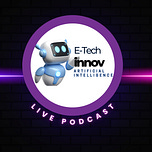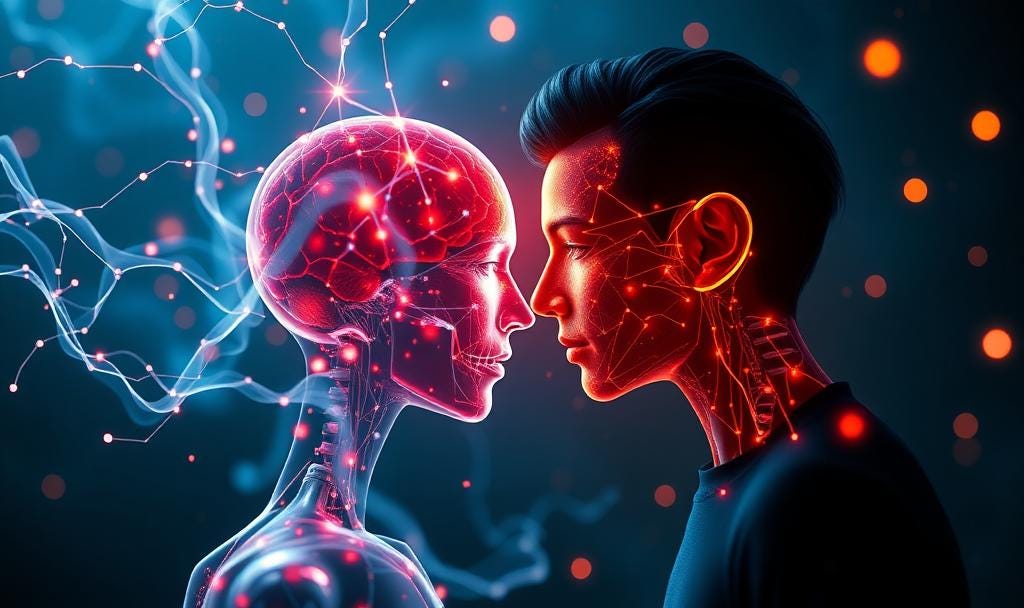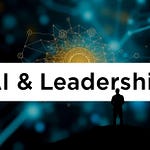When marketing meets science, exciting things happen. Artificial Intelligence (AI) and Behavioral Psychology—two fields evolving at lightning speed—are reshaping how brands connect with people. By blending data analysis with insights into human behavior, marketers can craft campaigns that truly resonate and deliver results. Let’s break down how this powerful combination is changing modern marketing—and why it matters more than ever.
A New Era: Where AI Meets Human Behavior
Picture this: a brand knows what you need before you do. It sends you personalized messages or offers that feel like they were made just for you. That’s no longer a futuristic fantasy. AI is helping brands understand what people want, while psychology explains why they want it. Together, they help marketers create more meaningful, emotional, and effective customer experiences.
This approach is built on a simple truth: human behavior isn’t random. It’s shaped by patterns, emotions, and external cues. Tapping into these patterns can turn good marketing into something unforgettable.
Why AI Is a Game-Changer in Marketing
AI is transforming marketing in real-time. Here’s how it helps brands get ahead:
Smart Data Use: AI can quickly process massive amounts of data to uncover patterns and trends most marketers would miss.
Personalized Experiences: Machine learning and language tools help deliver messages that feel tailor-made—like how Netflix recommends shows or Amazon suggests what to buy next.
Real-Time Optimization: AI reacts to user behavior on the fly—updating ads or offers as people click, browse, or buy.
Mapping the Customer Journey: It reveals how people move from curiosity to purchase, helping brands guide them more smoothly.
📌 Example: Spotify uses AI to personalize playlists, creating a stronger emotional bond that keeps users coming back.
How Behavioral Psychology Enhances Strategy
Behavioral psychology helps us understand what drives people—why they choose one product over another or respond to certain messages. And often, their choices aren’t as rational as they seem.
Here’s how psychology shapes marketing:
Understanding Biases: People rely on shortcuts (like scarcity or social proof) when making decisions. “Only 3 left!” creates urgency because it taps into our fear of missing out.
Emotional Triggers: People buy with their hearts, not just their heads. Emotions like nostalgia or excitement boost engagement.
Framing Choices: How options are presented—like using default settings or comparison pricing—can influence decisions without people realizing it.
📌 Example: Coca-Cola’s “Share a Coke” campaign personalized bottles with names—playing on social connection and identity to drive engagement.
The Magic Happens When AI and Psychology Work Together
When AI and behavioral psychology combine, the result is a marketing superpower. Here’s what that looks like:
Predicting Behavior: AI can spot patterns based on psychological drivers, helping brands stay one step ahead of what customers will do next.
Personalized Framing: AI figures out what users like; psychology helps craft the best way to present it. Think product suggestions that are not only relevant but emotionally appealing.
Dynamic Messaging: AI tests what works, while psychology explains why it works—whether it’s cost-saving appeals or prestige messaging.
🧠 Thought to Ponder: Great marketing isn’t manipulation. It’s about understanding people and connecting in ways that feel honest and human.
Simple Ways to Start Using AI + Psychology in Your Marketing
Want to put these insights into action? Here are five steps to get started:
Know Your Audience: Use AI tools to collect data on buying habits, preferences, and behavior patterns.
Think Like a Psychologist: Use proven techniques—like social proof, urgency, or trust-building—to guide messaging.
Test and Learn: Let AI run variations of your content. See what resonates and tweak based on feedback.
Use Predictive Tools: Anticipate trends and behaviors to stay ahead with timely offers or content.
Be Transparent: Don’t overstep with personalization. Ethical, respectful messaging builds long-term trust.
📌 Tool Tip: Platforms like HubSpot help merge AI-powered data with psychology-based strategies—great for smarter email campaigns.
Final Thoughts: Rethink, Reconnect, Reinvent
AI and behavioral psychology are redefining marketing—not just by making it smarter, but by making it more human. The future of marketing lies in understanding people, anticipating their needs, and creating real value. This is more than just selling. It’s about building trust, forming connections, and standing out in a noisy digital world.
So here’s the challenge: Are you using the full potential of AI and psychology in your strategy? Now’s the time to rethink how you engage with your audience—and turn every touchpoint into something meaningful.
Let marketing be where science meets soul.



















Share this post